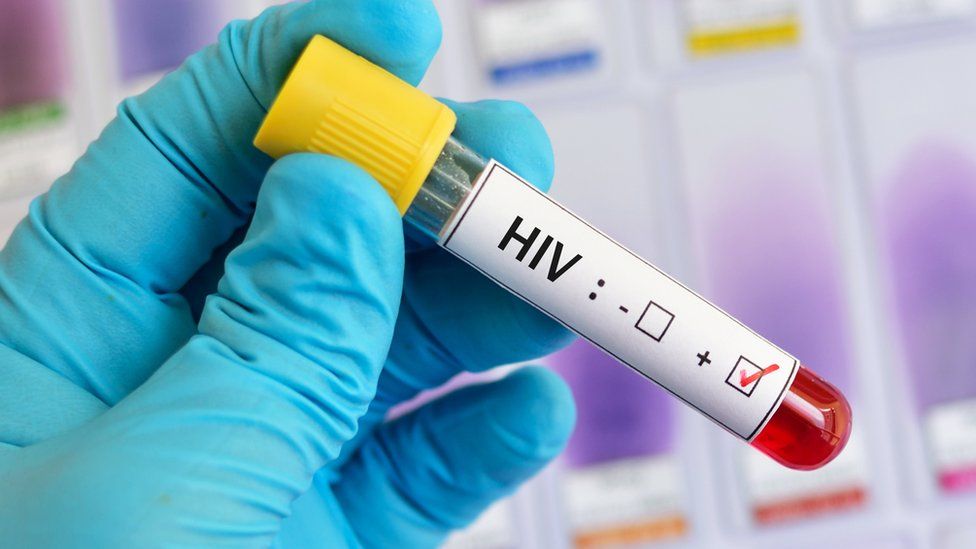The World Health Organisation has disclosed that Nigeria has recorded a 22 percent decrease in new Human Immunodeficiency Virus infections in 2021 from 2015.
The WHO also said that 90 per cent of people living with HIV now have access to HIV treatment in the country.
Recall that HIV is an infection that attacks the body’s immune system, specifically the white blood cells called CD4 cells.
HIV destroys these CD4 cells, weakening a person’s immunity against opportunistic infections, such as tuberculosis and fungal infections, severe bacterial infections and some cancers.
In a series of tweets on its Twitter page on Friday, the organisation stated, “In Nigeria, 90% of people living with HIV now have access to treatment.
“95% of people living with HIV knew their status in 2021.
“90% of people living with HIV accessed treatment in 2021.
“22% decrease of new infections in 2021 from 2015.”
In an article on its website, the WHO said back in 2018, the country, which has the third highest burden of HIV cases, was struggling with an ineffective response characterised by poor data quality, low service coverage and sub-optimal coordination and ownership.
“Recognizing the need for change, the Government embraced a catch-up plan, devised by WHO to fast-track finding people living with HIV and putting them on treatment in states that contribute more than 50 per cent of the national unmet treatment needs.
“WHO provided guidance on setting up an HIV ‘situation room’ for coordinating commodities logistics and distributing HIV drugs, ultimately improving service points and patients’ retention in care. A clinical HIV mentorship programme for facility health workers strengthened service delivery and equity in care,” it said.
The health body noted that the coverage of HIV treatment in Nigeria in 2021 was around 90 per cent, up from 50 per cent in 2015, when only about 61 per cent of the population knew their status.
It, however, said new infections are on a downward trend, from 95,000 in 2015 to 74,000 in 2021.
